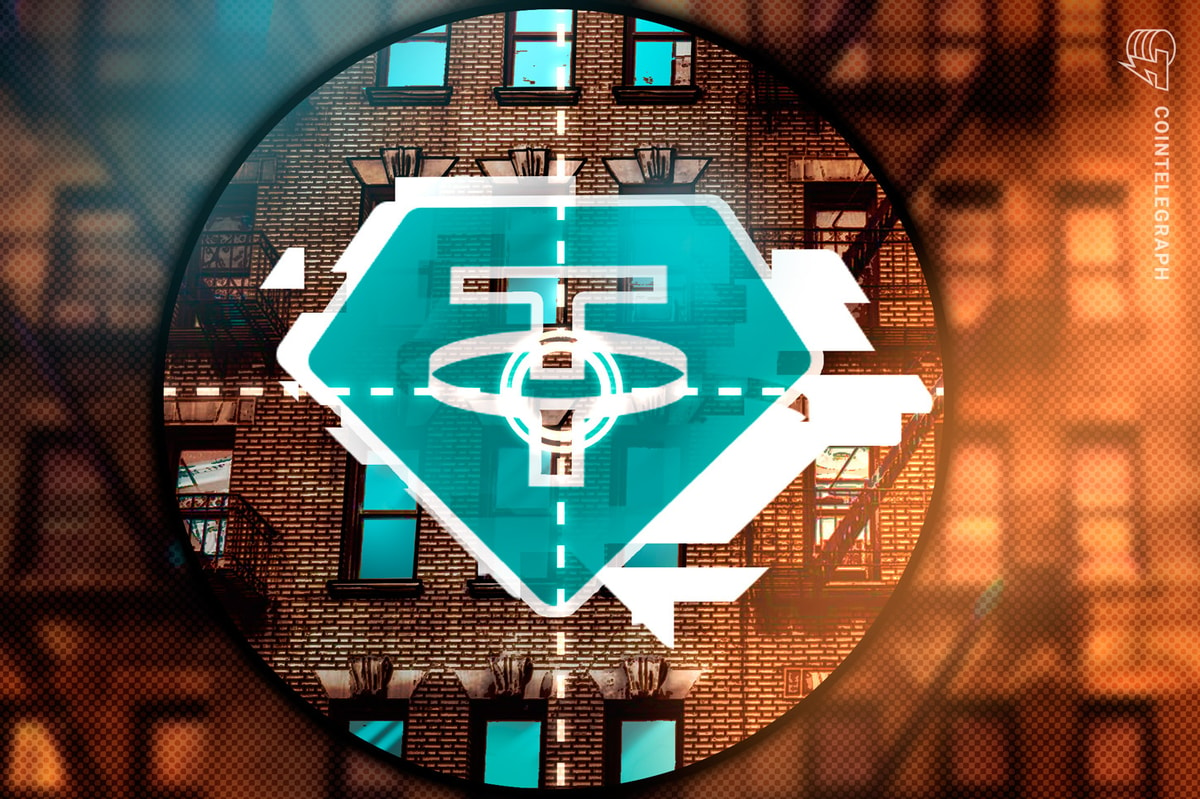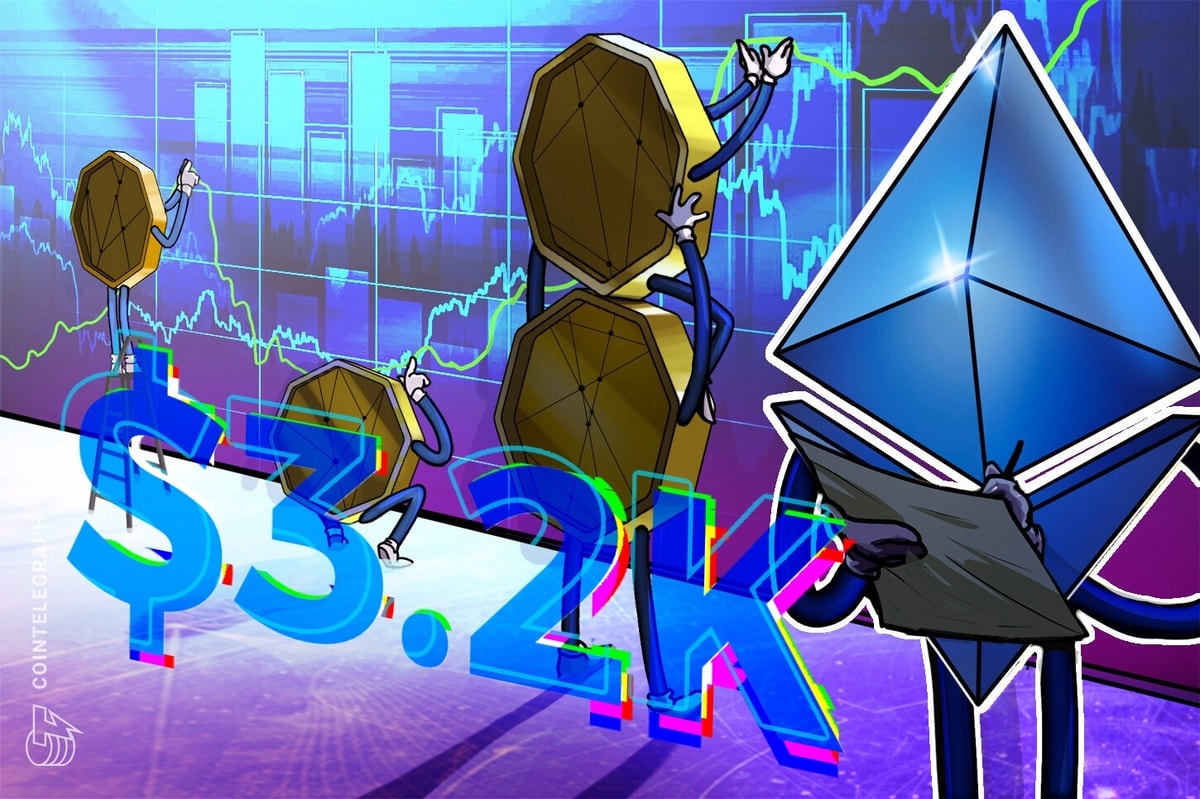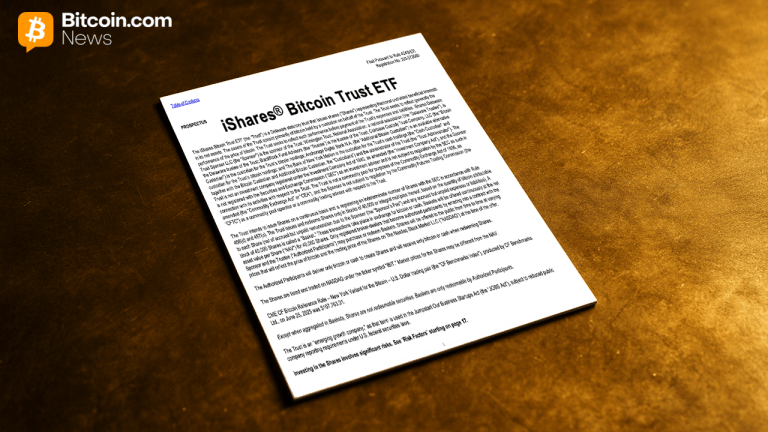EU legislators call for ‘safe’ AI as Google’s CEO cautions on rapid development
3 min read
A dozen European Union (EU) politicians have signed a letter calling for the “safe” development of artificial intelligence (AI) as Google’s CEO cautioned against releasing powerful AI tech before society has had a chance to adapt.
An April 16 open letter shared on Twitter by EU Parliament member, Drago? Tudorache, called for a collaborative effort and a universal set of rules around the development of AI.
Tudorache, along with 11 other EU politicians named in the letter, asked the European Commission President Ursula von der Leyen and United States President Joe Biden to convene a summit on AI and to agree on a set of governing principles for the development, control and deployment of the tech.
AI is moving very fast and we need to move too. The call from the Future of Life Institute @FLIxrisk to pause the development of very powerful AI for half a year, although unnecessarily alarmist, is another signal we need to focus serious political attention on this issue. pic.twitter.com/Tjrj9k02Yj
— Drago? Tudorache (@IoanDragosT) April 17, 2023
“Recent advances in the field of artificial intelligence (AI) have demonstrated that the speed of technological progress is faster and more unpredictable than policymakers around the world have anticipated,” the letter reads.
“We are moving very fast.”
The letter further asks the principals of the Trade and Technology Council (TTC), a forum for the U.S. and EU to coordinate approaches to economic and technology issues, to agree on a preliminary agenda for the proposed AI summit and for companies and countries worldwide to “strive for an ever-increasing sense of responsibility” while developing AI.
“Our message to industry, researchers, and decision-makers, in Europe and worldwide, is that the development of very powerful artificial intelligence demonstrates the need for attention and careful consideration. Together, we can steer history in the right direction,” the letter said.
Google CEO Pichai Sundararajan, better known as Sundar Pichai, also expressed caution around the rapid development of AI in an April 16 interview on CBS’ 60 Minutes saying that society might need time to adapt to the new tech.
In an interview with CBS’ “60 Minutes”, #Google’s CEO Sundar Pichai hinted that society isn’t prepared for the rapid advancement of AI.@sundarpichai warns society to brace for impact of #AI acceleration, says ‘it’s not for a company to decide’ https://t.co/3C1GvUSQwX pic.twitter.com/uWqYB7eAdv
— Alvin Foo (@alvinfoo) April 17, 2023
“You don’t want to put a technology out like this when it’s very, very powerful because it gives society no time to adapt. I think that’s one reasonable perspective,” he said.
“The pace at which we can think and adapt as social institutions compared to the pace at which the technology is evolving, there seems to be a mismatch,” he added.
However, Pichai also noted that while there are causes for concern, he does feel “optimistic” because of the number of people worrying about the implications of AI so early in its life cycle compared to other technical advancements in the past.
“I think there are responsible people there trying to figure out how to approach this technology and so are we,” he said.
Related: Elon Musk to launch truth-seeking artificial intelligence platform TruthGPT
The European Union is already looking at AI with its Artificial Intelligence Act, meanwhile, the European Data Protection Board has also created a task force for the generative AI chatbot ChatGPT.
The letter from the EU politicians echoes the same concerns put forward by more than 2,600 tech leaders and researchers who called for a temporary pause on further AI development, fearing “profound risks to society and humanity.”
Tesla CEO Elon Musk, Apple co-founder Steve Wozniak, and other AI CEOs, CTOs and researchers were among the other signatories of the letter, which was published by the United States think tank Future of Life Institute (FOLI) on March 22.
Anyone who thinks this risk is 0% is an idiot
— Elon Musk (@elonmusk) April 15, 2023
While the EU politicians agree with the “core message” of the FOLI letter, and share “some of the concerns,” they have come out in disagreement with “some of its more alarmist statements.”
Musk has continued to highlight the risk he believes AI could pose in an April 16 interview with Fox News, saying that just like any other technology, AI has the potential to be misused if it is developed with ill intentions.
Magazine: ZK-rollups are ‘the endgame’ for scaling blockchains: Polygon Miden founder







